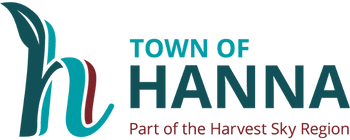
Despite having strong traditions of free expression and free inquiry, Canadians also have a long-standing tradition of censorship. Historically, books and magazines have often been quietly removed from libraries and classrooms.
Freedom to Read Week was founded in 1984 to widen the understanding of the effects of censorship, not just on readers but on writers and publishers as well.
Freedom to Read Week Feb 18-24 2024, is an annual event that encourages Canadians to think about and reaffirm their commitment to intellectual freedom. It has become a part of the annual programming of many libraries, schools and literary groups across Canada.
The following are the three most recent examples of books or publications that have been challenged and that affect Canadian readers, writers or publishers.
Pride: Celebrating Diversity and Community, Robin Stevenson.
In 2016, Robin Stevenson visited schools and libraries in British Columbia, Ontario and Quebec to talk about her book about sexual minorities. On one occasion, no students appeared at an event in a public library because a school principal had, on short notice, withdrawn permission for the teacher to take her classes there. The principal was worried about parental objections.
In 2019, while promoting a newer book—Kid Activists: True Tales of Childhood from Champions of Change—in the United States, Stevenson learned that an elementary school in suburban Illinois had cancelled her visit because a parent had complained about the mention of a gay person, Harvey Milk, in the book.
Betty: The Helen Betty Osborne Story, David Alexander Robertson
In 2018, Robertson learned that Alberta Education had put Betty on a list of books that were “not recommended” for use in classrooms. The graphic novel, which is intended for students in Grades 9–12, tells the true story of a Cree woman who was kidnapped and murdered in The Pas, Man., in 1971. A ministry spokesperson said that “graphic representation of sensitive content” must be taught in “age appropriate ways.” But Robertson said putting books on a list that discourages teachers from using them is censorship.
Roger Sudden, Thomas H. Raddall
In 2017, two people challenged this historical novel, first published in 1944, in a post-secondary school library in Nova Scotia. They also challenged Raddall’s other novels and the inclusion of the author’s papers in an archive. The challengers said the portrayals of Indigenous people were racist and wanted to remove these works from all school libraries in Nova Scotia. While talking with the complainants, library staff acknowledged the “unfortunate portrayals” of Indigenous people but noted the historical value of Raddall’s work and the value of intellectual freedom. The library retained all the novels and the author’s related papers in the archive.
There are many resources and articles of interest that can be found on the Freedom to Read website along with a list of 35 books and publications that have been challenged. They have been deemed, by someone, to be offensive or inappropriate for Canadian public libraries and schools. Some have succeeded and some have failed.

